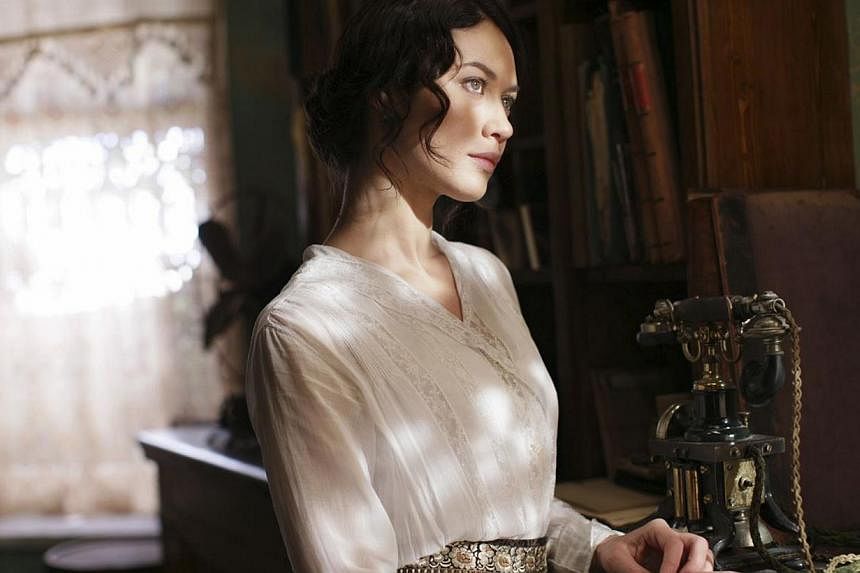Review Drama
THE WATER DIVINER (NC16)
112 minutes/Opens tomorrow/3.5/5
The story: The three sons of Australian farmer Joshua Connor (Russell Crowe) are killed in the Gallipoli campaign in Ottoman Turkey in 1915. At the end of the war, he travels to the site of the battle to find their unrecovered remains. He moves into a hotel run by single mother Ayshe (Olga Kurylenko). Connor discovers unsettling clues about his sons and has to work with former enemy Major Hasan (Yilmaz Erdogan) to find the truth.
Crowe makes his first attempt at directing in this sprawling drama that blends in elements of romance and adventure.
The Oscar-winning New Zealand-born actor does a fairly good job overall, but in places, the story's meanderings get away from him.
The months-long battle in the Gallipoli peninsula exactly one hundred years ago is still thought of with pain and patriotism in Australia and New Zealand, nations whose soldiers perished in the thousands in muddy, disease-ridden trenches, fighting for a Britain that had only recently granted them independence.
Crowe is not the first to make a movie about this national birth trauma. Most famous of these is Peter Weir's celebrated Gallipoli (1981), which casts soldiers as protagonists in a film that depicts the waste of Anzac lives in futile, near-suicidal attacks on Turkish defences.
Here, however, Crowe undertakes an arguably harder job. He has to humanise the Turks, giving them voices and personalities, showing them to be as much the victims of war as the victorious Allies.
For example, senior officer Hasan (Erdogan) and Sergeant Jemal (Cem Yilmaz) defended their homeland against Western invaders, but now are prisoners helping the Allies find their dead; Ayshe (Kurylenko) has to open her hotel to a man from a nation that has defeated hers in war.
When Connor is on the battlefield sites begging to be allowed to find his sons' remains, the film finds its centre - Crowe and the Turkish actors turn in fine performances in scenes that are moving, but never maudlin.
That elegiac tone, however, is lost when Connor returns to the company of Ayshe and her son. At the hotel, the Orientalist cliches - "instant Asia" dancing and music, Western man attracted to oppressed native woman - are a little much to bear.
Kurylenko, however, as the woman torn between living for herself and living for her family, conveys her internal conflict with beautiful restraint.
In the third act, the story jarringly switches to an action-filled chase across the Turkish countryside, as if some timer had gone off to remind everyone to crank it up to a rousing finish.
It is interesting to see Crowe, as Connor, cower in a corner in the midst of a fight.
As he is director-actor, it would have been easy enough to pencil in a few lines turning Connor into a macho man.
That Crowe resisted the temptation bodes well for the next movie he will direct.


